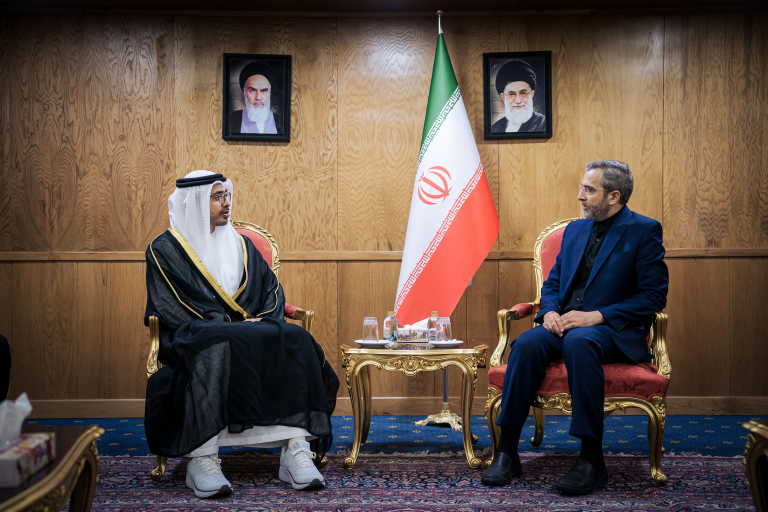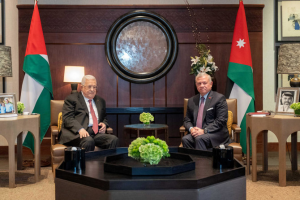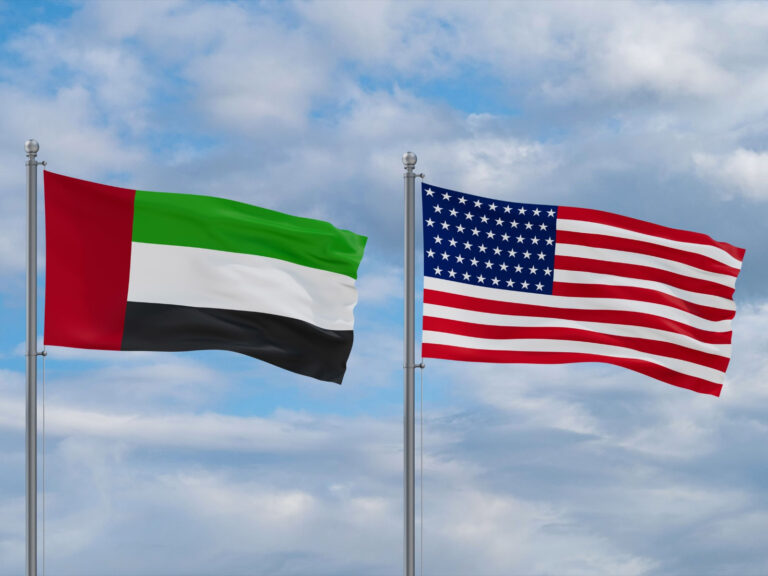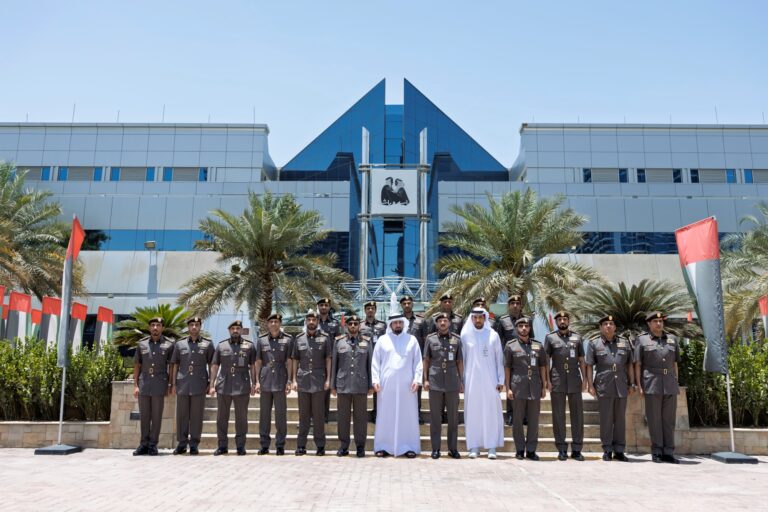- Council for Arab-British Understanding slams Hamas ‘atrocities’ but ‘any action Israel takes must be in accordance with international law’
- ‘It’s wrong to openly express sympathy for civilian victims on one side,’ CAABU director tells Arab News
LONDON: The Council for Arab-British Understanding has urged British politicians not to condone “collective punishment” meted out by Israeli forces to Palestinians in the Gaza Strip, and to be careful with rhetoric over the conflict for fear of further inflaming the situation.
“Any action that Israel takes must be in accordance with international law. That also applies to all parties involved in the conflict, including Hamas,” Chris Doyle, CAABU’s director, told Arab News.
Israel has stepped up its military offensive following what CAABU called the “unjustifiable and shocking atrocities” committed by Hamas on Oct. 7 against Israeli civilians in the south of the country.
So far 1,200 Israelis have been confirmed dead, with around 1,300 killed in Gaza. Israeli authorities said electricity, fuel, water and food supplies into Gaza will be cut off for the foreseeable future.
The International Committee of the Red Cross stated: “As Gaza loses power, hospitals lose power, putting newborns in incubators and elderly patients on oxygen at risk. Kidney dialysis stops, and X-rays can’t be taken. Without electricity, hospitals risk turning into morgues.”
It added: “Families in Gaza are already having trouble accessing clean water. No parent wants to be forced to give a thirsty child dirty water.”
In a press release, CAABU said the Israeli government has imposed a “total siege” on “the 2.3 million Palestinians in Gaza who live under Israeli occupation,” and “as the occupying power, it has a legal obligation for the welfare of these people.”
It added that Defense Minister Yoav Galant had warned that Israel is “at war with ‘human animals’ and (will) act accordingly.”
CAABU said: “The British Foreign Secretary James Cleverly and the Labour leader, Sir Keir Starmer, have both refused to condemn the imposition of this siege. They should do so at once and unequivocally. A failure to do so represents the condoning of war crimes.”
Doyle said: “It should be easy — it should be a non-starter — that all British politicians should be able to condemn Hamas, but also condemn any crimes committed by any party.
“If an atrocity is committed against you, it doesn’t give you the right to perpetrate an atrocity in response. The illegal policies Israel has conducted doesn’t give Hamas the right to target civilians.”
He added: “What we aren’t seeing with British politicians is sympathy for what Palestinians are experiencing.
“It’s wrong to openly express sympathy for civilian victims on one side. We’ve seen this time and time again when crimes are committed against Palestinians.”
Cleverly is currently in Israel to meet with leaders and survivors of the Hamas attack. While urging Israel to ensure there are as few civilian casualties as possible, he said it has a right to defend itself and retrieve its citizens taken as hostages into Gaza, and the UK maintains “unwavering solidarity” with the country.
Doyle said British politicians have a responsibility to use their positions to influence proceedings to ensure international law is upheld and further violence is avoided.
“Israel is … never held accountable for its actions. It’s allowed to commit crimes without any response,” he added.
“Worse is, the failure of leaders to actually speak out means Israel is being given a very bright green light to continue these war crimes.”
He said: “International leaders should show statesmanship. If James Cleverly was going there to act responsibly and (to) impress upon Israel the need to (end) hostilities … if he was trying to bring about a resolution, that’s fine.
“What’s not acceptable is to go there and fully endorse what Israel is doing regardless of whether it’s legal or not.”
Doyle praised leaders of other countries in the Middle East for their measured responses, suggesting this underlines the need to not risk tensions spreading across the region — and potentially even further afield.
“Within the Arab world, there are more leaders who have come out with the more correct responses to all this than we find in Europe or the US,” he said.
“There’s immediate need for abiding by international law, but also there’s a massive and extremely dangerous risk that this spreads.”



















